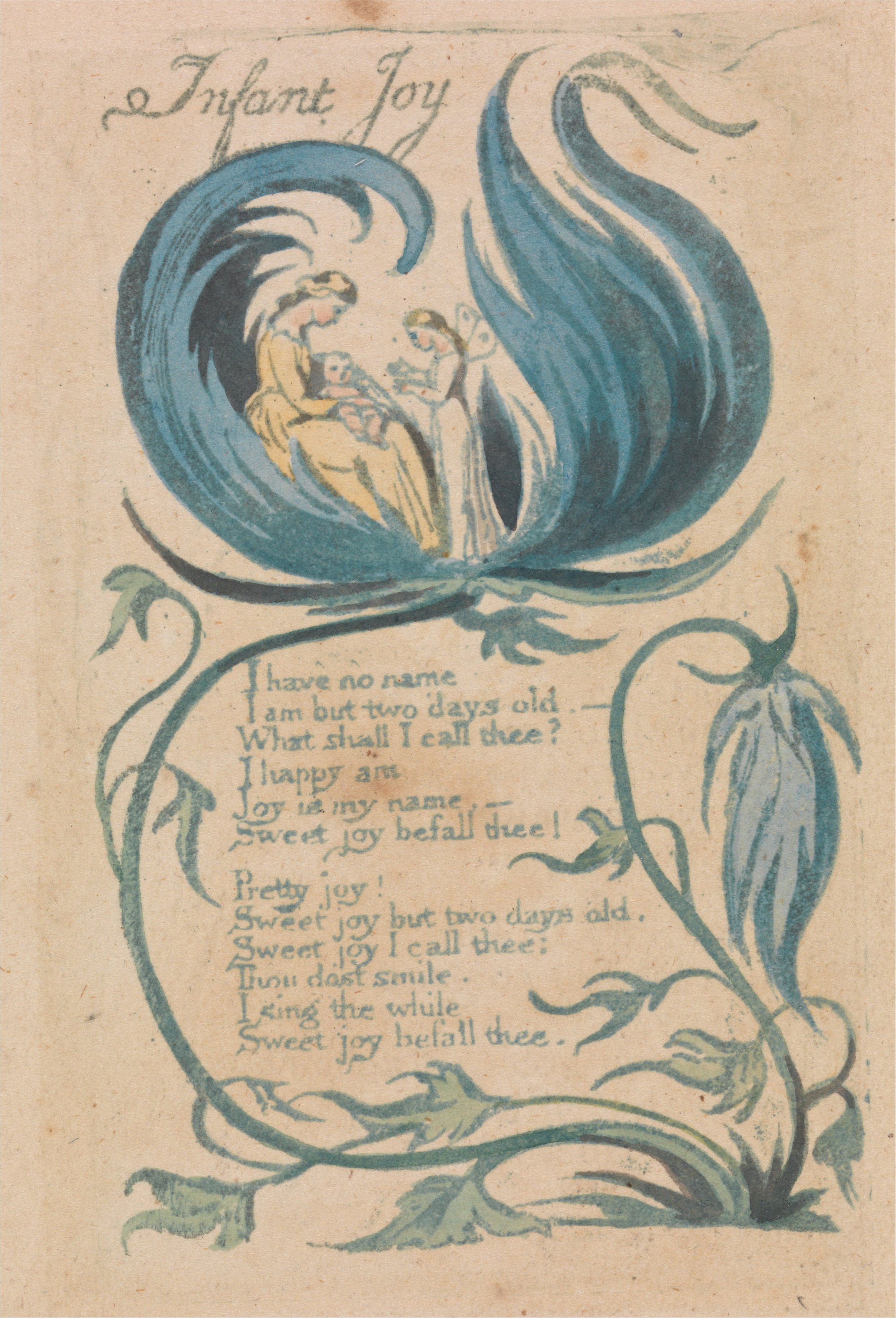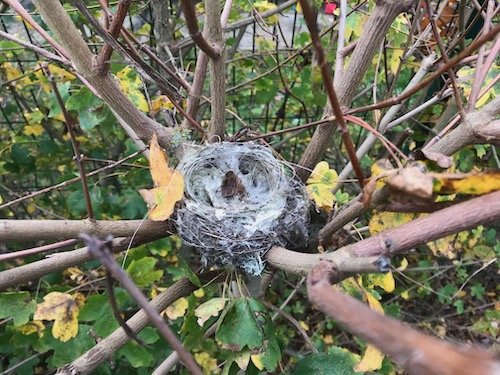Resisting
I am reading about fascism, in particular Robert Paxton's book The Anatomy of Fascism.
If analysis is concerned with untying and loosening bonds (ana-, un- + lysis, tying) then its founding movement contrasts with the tightening that forms the bundle or sheaf (Italian fascio) that gives fascism a name. So far, I am struck by a kind of opportunism in the history of fascism. It has a lot to say, often very loudly, but there isn't a body of writing or thinking behind or inside it. Fascism gathers tendencies and harnesses energies outside thought. But it is not itself wild. Rather, it forces order, espouses myth and hierarchy, and seeks to automate thinking.
Psychoanalysis, with the notion of an unconscious, something other than knowledge, at its core, is honestly wild. It is also marked, in its emergence and most vivid development, by the formations of reason in language. This combination of wildness and reason gives the best analytic writing its abiding energy and veiled truthfulness.
I am also reading about Wilfred Bion. A forthcoming book on Bion by Naomi Wynter-Vincent takes forward his psychoanalytic project in terms of a theory and practice of thinking. Fascism is against thinking. It treads on the eggs and the nests of thought. Wynter-Vincent's book, out with Routledge in 2021, brilliantly, fearlessly opens up Bion to access by those who love and read, and therefore think with, literature. She brings out the ordinary-language magic of good psychoanalytic thinking.
She suggests that rather than reduce language to a way of representing a pre-existing reality, and thereby coercing the wild thought into the realm of what is known, Bion is 'exquisitely concerned with the transmission and cultivation of the thought, posited as logically prior to the mechanism of thinking' (Wilfred Bion and Literary Criticism, Ch 1)
Rather than gather what is to be thought into his own space of thinking, Bion opens his mind hospitably to the problems and inabilities-to-think that precede thought--whether this be in infancy 'when the pain of hunger and the absence of the breast ... generate a problem to be solved (what to do with the ‘bad’ feeling of hunger)' or later in life, for the adult equipped with a mind, 'who nevertheless needs some thing to set off the thinking process' (Wilfred Bion and Literary Criticism, Ch 1).
This year of 2020 I have read William Davies' Nervous States: Democracy and the Decline of Reason, and more recently Jason Stanley's How Fascism Works. You will very likely divine why someone might do that in these days. But it has taken reading Naomi Wynter-Vincent's study of Bion to call up in me a mind capable of thinking about what fascism might be doing to thinking, and to see that a psychotherapist's blog might be a good place to mention it.
Have you seen these?
Here are some links to material on the web you might like, or find useful.
An exhibition at the Serpentine for those of us missing the big outdoors: Catharsis, by Jakob Kudsk Steensen.
A guide to meditation by Chögyam Trungpa Rinpoche, and a short guided meditation by Khenpo Sharab Sangpo.
A series of workshops on 'love, loss, loneliness (and a pinch of humour!) under lockdown' by Esther Perel.
A short piece by Catherine Malabou on Rousseau in quarantine: 'I think it is necessary to know how to find society within oneself in order to understand what politics means.'
And some bluebells:

Toward Extinction To Ward Off Extinction
Toward Extinction To Ward Off Extinction took place earlier this month in Lille. We heard fascinating talks by Ursula Heise, Jesse Oak Taylor and Nicholas Royle, who was accompanied by a Thomas Hardy poem, a Lawrence short story and a talking mole, who was articulately angry about a lot of things. There were fine papers from all over the planet and we saw two powerful films directed by Sylvère Petit, Ani-Maux (2017, Les Films d'Ici Méditerranée) and Les Assoiffés (2014, C-P Productions). My talk thought about the effects of fear, our capacity for reading and how that capacity might be supported and extended by various art forms, especially painting. My focus was on Titian's Death of Actaeon.
Observing the Infant
I recently went to a very engaging and memorable day organised by the excellent Chiara Alfano, where parents, artists and researchers (at least one of us, Rebecca Baillie, was all three, you can take a look at her work here) met to talk about babies, little children and how they are looked at and thought about. My own starting points were, first an immense but quite small and ordinary experience I had in my early 20s, sitting in the back of a car with a baby of perhaps 11 months. He touched my hand, to summon my attention. I spoke a lot more about him and what that touch meant, and did, at the symposium. It feels as if there were hundreds, maybe thousands of words gathering quietly around that surprising infant touch.The other inspiration, quite closely related, came from some observations made by Derrida in an amazing conversation he had with Hélène Cixous in the early 2000s. They suggest that in general, no matter who we are or how old we are, our relation to the other – that is to something or someone else, outside us or in us – has something infant-like about it. He insists that ‘the other is he or she before whom I am vulnerable, whom I can not even deny.’ That was certainly the case for me when I was touched on the hand: it was as if I had no idea such a thing was possible. 'What was that?' and 'What is happening to me?' came even before 'Who is there?' and 'What do they want?' A little later on in the conversation with Cixous, Derrida suggests that this relation to the other is not an absence of desire or forcefulness: ‘It’s not a powerlessness of simple resignation, of weakness, but rather an abandonment.' Cixous comments: 'You arrive (to yourself) where you were not expecting (yourself)' They seem to be talking about an inner action of loosening or removing an internal constraint. At the same time as the arrival of someone or something outside us, in the same scene of visitation, there is an opening of the self, a transfiguration, reconfiguration or conversion. And in language something is already at work, silently generating effects. the words ‘infancy’ and ‘abandonment’ are related, they share the same Indo-European root bhā-, to speak. A 'ban' in Old English was a commandment or prohibition. Infancy might be the name for a state before 'thou shalt' and 'thou shalt not.' It would be before learned reactions, before conscience and the Freudian superego formed by the action of parents' words in their children. It would be the inventive abandon of the writer, the artist, the ordinary human at play. Derrida talks about an openness or abandonment in which 'I can not say that I open the doors, that I invite the other: the other is already there. That is unconditional hospitality (foreign to politics and law and even to the ethical in the narrow sense).' Such a state or possibility is extraordinarily interesting and inspiring to observe or watch over. More, it needs to be guarded from debasement and exploitation. It must not be forgotten or lost. The symposium was convened for the purpose of 'Observing the Infant' and there is something vigilant and wary about observation . The root of 'observe' means to protect. Observing the infant, one goes in front or before (I’m thinking of the ob-of ‘observation’), to watch or pay heed to, to look after the young child who is vulnerable, precious and by definition unable to speak for him or herself. One might take this care for the infant further, to the point of a practice. Such a practice would observe infancy itself—not in the sense of one or more humans looking at smaller, younger humans, but as one might keep up a tradition. (Isn't infancy a tradition? Shouldn't we learn to keep it, as Scrooge learns to keep Christmas?) Might we learn to honour and respect infancy itself as a certain way of being, to be taken up and practiced, kept as one keeps the ceremonies of a religion or the customs of a culture? Never to be reduced to the infantile, not to be idealised-denigrated, nor left to run the show: in other words, to be thought? In this sense, the infant would take the lead and show us the way. We who observe the infant give ourselves over or abandon ourselves to the infant and find ourselves taken beyond languages. One thinks of Blake’s Songs of Innocence and Experience, that take up infant joy and sorrow very closely and intimately in songs or poems that could be said to correspond with the kind of intimately strange and nameless being they are about, so that as Derrida puts it in ‘Khora’: ‘the quality of the discourse depends primarily on the quality of the being of whom it speaks.’ Dependency here is not necessarily simple or reducible to the complementarity of form and content. It is what makes it possible to speak about something, some being, in a way that responds to the truth of that being.I may add, thinking of the strangeness of being in fans, that one can also observe, watch, survey or study suspiciously, guardedly, in order to protect oneself. We saw this especially in some of the filmed and photographic research by psychologists and ethnographers shown to us by Katie Joice. From what would one want to protect oneself, in this case? Perhaps from the otherness of the other – but this is impossible: the other is already there. The infant is there, in us and in front of us. Perhaps from the weakness of being unable to speak? But isn't that the very place from which true speech, speech truly able to respond to the quality of what it speaks about, might come?
One thinks of Blake’s Songs of Innocence and Experience, that take up infant joy and sorrow very closely and intimately in songs or poems that could be said to correspond with the kind of intimately strange and nameless being they are about, so that as Derrida puts it in ‘Khora’: ‘the quality of the discourse depends primarily on the quality of the being of whom it speaks.’ Dependency here is not necessarily simple or reducible to the complementarity of form and content. It is what makes it possible to speak about something, some being, in a way that responds to the truth of that being.I may add, thinking of the strangeness of being in fans, that one can also observe, watch, survey or study suspiciously, guardedly, in order to protect oneself. We saw this especially in some of the filmed and photographic research by psychologists and ethnographers shown to us by Katie Joice. From what would one want to protect oneself, in this case? Perhaps from the otherness of the other – but this is impossible: the other is already there. The infant is there, in us and in front of us. Perhaps from the weakness of being unable to speak? But isn't that the very place from which true speech, speech truly able to respond to the quality of what it speaks about, might come?
Partnering ourselves
I recently read these remarks on therapy by the contemporary psychoanalyst Michael Eigen:'The idea of partnering ourselves, each other, and our capacities seems almost a newcomer in evolution next to the model of control and dominance.'
